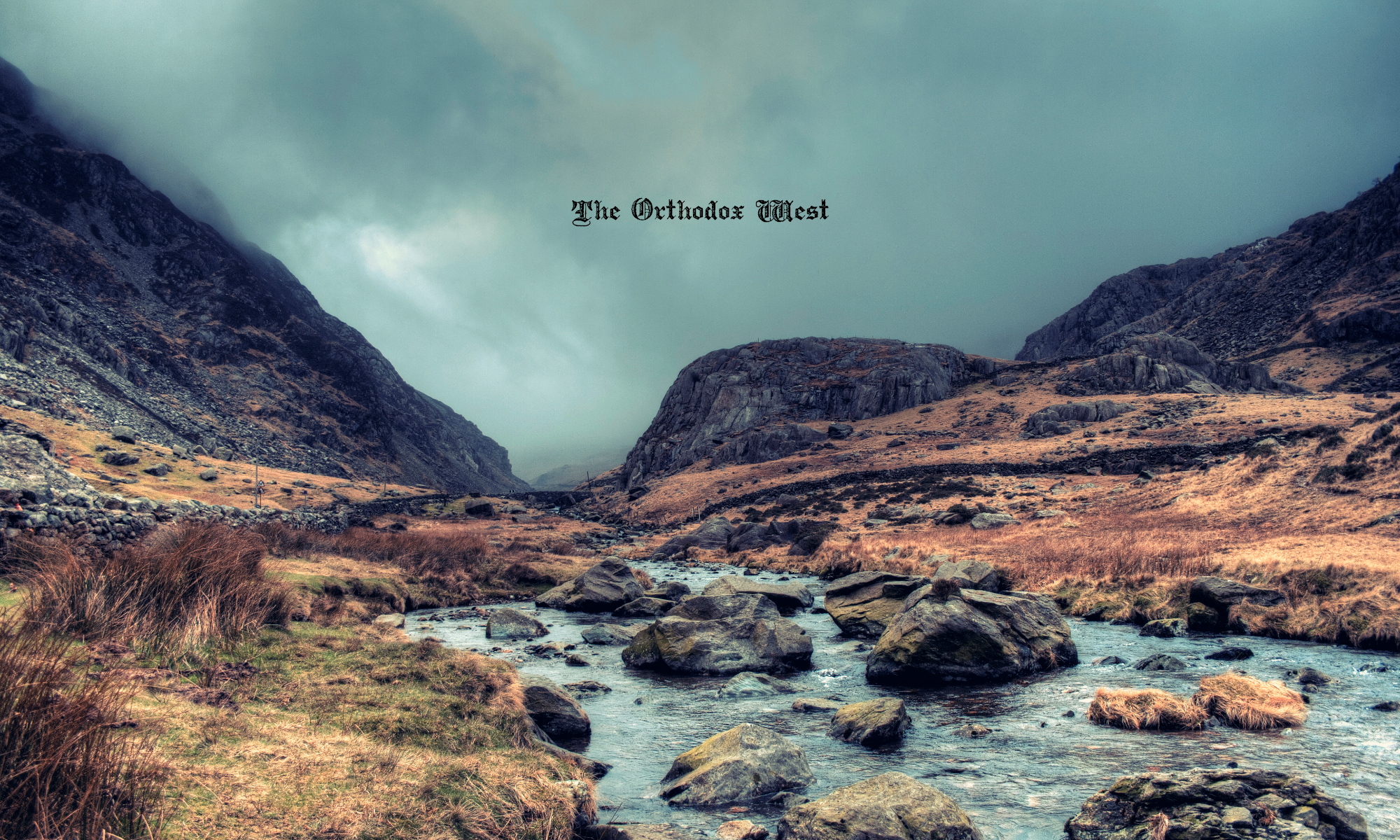“Therefore judge nothing before the time, until the Lord come, who both will bring to light the hidden things of darkness, and will make manifest the counsels of the hearts: and then shall every man have praise of God.” 1 Corinthians 4
There is but one judgment which you and I are to make: that is to judge ourselves. And even that task is only possible by the narrow way.
The Christian life is all about repentance. That word is greatly misjudged itself in this day and age – it doesn’t have anything to do with penitence, guilt, or beating oneself up over past sins.
Repentance, or metanoia is about a deep discovery within ourselves that is the product of our path of purification. Repentance is the essence of the Christian life, and it is a deep asceticism. It has been said, there is no Christianity without asceticism, and Christianity without asceticism is not Christianity.
The gifts of purification, illumination and deification have all been placed within us at our Baptism, Chrismation, and Communion. But these gifts must be mined, and that mining is our asceticism – our repentance.
In order to come to that place where we no longer judge others, no longer react to the things others say or do which may be hurtful to us, that place where we forgive, and do not allow the painful events in our lives to sink deep roots in our being, and become passions in us, we must repent.
We need to come before God with focus and attention and allow Him to reveal the hidden depths of the heart. It is an uncomfortable process, but it is the only path to purification and illumination. As we reveal to Him, He reveals to us. The old hurts, resentments, the sins of our lives, the things we have pressed down deep in our subconscious so that we don’t have to deal with them- but we do, because they are now passions and influence all our reactions to things. When they come spewing up from deep inside us, only then can they become fodder for confession, and thus be healed.
We need to remember that we have no control over what others say or do to us. That is not our problem – that is between them and God – they will have to answer for those things. All we have under our power is our reaction to them.
The more our own sin is revealed to us, the more we recognize that we cannot judge anyone, because that is an exercise in pride, vainglory, self-love. Forgiveness does not mean we legitimize/validate someone else’s sin, or say it doesn’t matter. It means we decide that we will no longer allow it to affect us. The more we reveal to God, the more He reveals to us, the more we allow the light of the divine presence to penetrate our depths, the more self-knowledge we gain, and the more the roots of the passions are uprooted in us. As we speak forth these things in confession, they immediately lose much of their power over us.
This is the way of repentance, the way of purification, the asceticism of the Christian life. It is no speedy accomplishment – for most, it takes years to allow God to plumb the depths, and to begin to forgive, to let go the past, the deep emotional wounds we carry, in order to become dispassionate in our reactions, and eventually compassionate toward the other wounded people all around us.
Without this purification, we cannot see into those depths, cannot bring to light those things hidden in the darkness where we merely repress them rather than offering them for healing, and where they fester into deeper passions that in turn affect our reaction to the things outside our power – a vicious and never-ending cycle until it is disrupted by intentional repentance.
And without repentance, there is no purification. They go hand in hand – purification leads to further repentance – the changing of our mind toward God, ourselves and others, and repentance is necessary for deeper purification. Hence, no Christianity without this asceticism.
We are cleansing the nous, that somewhat mysterious spiritual center of our being which, when cleansed, allows us to see reality as it truly is – charged and illumined with the grace and presence of God. It is all part of a whole, of this narrow way towards our becoming truly human. It isn’t only for monastics, or for the great Saints; it is for all.
But it is a conscious decision, made at each moment, to stay on the path. Jesus said the gate is narrow and the way is close-cramped which leads to life and few find it. I would add that of those who do find it, not many choose to follow it faithfully and to the end.
It is not comforting to hear, as Jesus says, also in Matthew 7, that all of our judgments are hypocrisy – why – because of all those hidden sins, buried resentments and the unforgiveness we carry. How can we judge another when we cannot even properly judge ourselves and have not availed ourselves of the remedy for our own sickness?
The work of the healing of our own soul is more than enough for us to endeavor – we need not concern ourselves with what is buried in another’s – except to gently and lovingly invite them to enter this same gracious path to wholeness and light.
That is the good news of the Gospel. Judgment is not good news. It is nothing but hypocrisy for us, even for ourselves – it is best left to God, who, as we pray, will ever judge with mercy.

